A Democratic
challenge to Gen. Peter Pace indicates that uniformed
officers no longer are exempt from the partisan fire on
Capitol Hill once reserved for civilian policymakers.
On Friday,
Defense secretary Robert Gates made the stunning
announcement that he would not recommend Pace to serve
a second two-year term as the chairman of the Joint
Chiefs of Staff. The Marine Corps four-star general
had not been a target previously of Democrats' ire on the
war, but Gates said lawmakers made it clear the
confirmation process would be ugly.
''It would be a
backward looking and very contentious process,'' Gates
said at a Pentagon news conference.
The announcement
was a surprise, particularly because the Senate in
recent months confirmed other military officers with close
ties to the Iraq war with little fuss.
In January,
Senate Democrats helped confirm Gen. David Petraeus to take
over the Iraq war despite their opposition to Petraeus's
recommendation that the United States send
thousands more combat troops into Iraq. The following
month, Democrats endorsed Gen. George Casey as Army chief
of staff after he led the Iraq war for 2 1/2 years.
Their approval
kept with a long-held tradition on Capitol Hill that
lawmakers level any stinging critiques at civilians and
praise uniformed officers for their service to the
nation.
''General Casey
knows Iraq and the challenges the Army faces there,''
Sen. Carl Levin, a Democrat from Michigan who
is chairman of the Senate Armed Services
Committee, said in February. ''The principal failures
that led to the chaos in Iraq were due to the civilian
leaders.''
But when it came
to Pace, Levin signaled a new era in which uniformed
officers close to the president would be held accountable.
In an interview
with reporters this week, Levin said Pace's nomination
would have been more contentious than other uniformed
officers because he was the closest military adviser
to the president on a failing war.
Levin also noted
the White House had hammered Democrats for approving
Petraeus's nomination while opposing the general's
recommendation to send more troops to Iraq.
''So by the
president's and the White House's own logic, a vote for or
against Pace then becomes a metaphor for where do you stand
on the way the war is handled,'' Levin said.
Other senators
expressed a similar view, indicating Democrats would no
longer back the once popular Marine Corps general.
''General Pace
has served the nation and the Marine Corps with great
fidelity for over 30 years,'' said Sen. Jack Reed, a
Democrat from Rhode Island. ''But, at this time, I
believe that Secretary Gates has made the right
decision.''
Although House
members lack the power to confirm military officers, they
too appear willing to break from the tradition of not
criticizing the military leadership. Rep. Ellen O.
Tauscher said Wednesday she thought Pace was guilty of
a dereliction of duty because of his support for
President Bush's Iraq policy.
Tauscher, a
Democrat from California and a member of the House
Armed Services Committee, said Pace lost standing
among members in March when he said homosexual acts
were immoral and that the military should not condone
the behavior by allowing gays to serve openly. He later
apologized, including in a personal letter to Tauscher, for
expressing what he said were his personal views.
Tauscher said his
comments on gays ''showed his ignorance'' and ''had to
be deeply discounted because they came from a man who had
presided over a war that we got into on a lie and what
I consider to be a serious dereliction of duty in
having our troops and our readiness so destroyed by
the policies of this administration.''
Pace's demise
comes amid increasing frustration by Democrats on their
ability to force Bush's hand on the Iraq war. Following a
meeting with the president and his top advisers on
Wednesday, Democratic senator Chuck Schumer of New
York called the presence of U.S. troops in Iraq ''the
great divide in the room.''
''We all want
stability in the Middle East, we all want peace, we all
want a place that people can prosper,'' Schumer said. ''But
it is our view it really can't happen unless the
policy in Iraq changes. It's their view that the
policy in Iraq furthers stability in the Middle East, and
it's hard to see that happening as things continue to
decline, whether it's in Iran, in Syria, in the
Israel-Palestinian conflict.'' (Anne Flaherty,
AP)








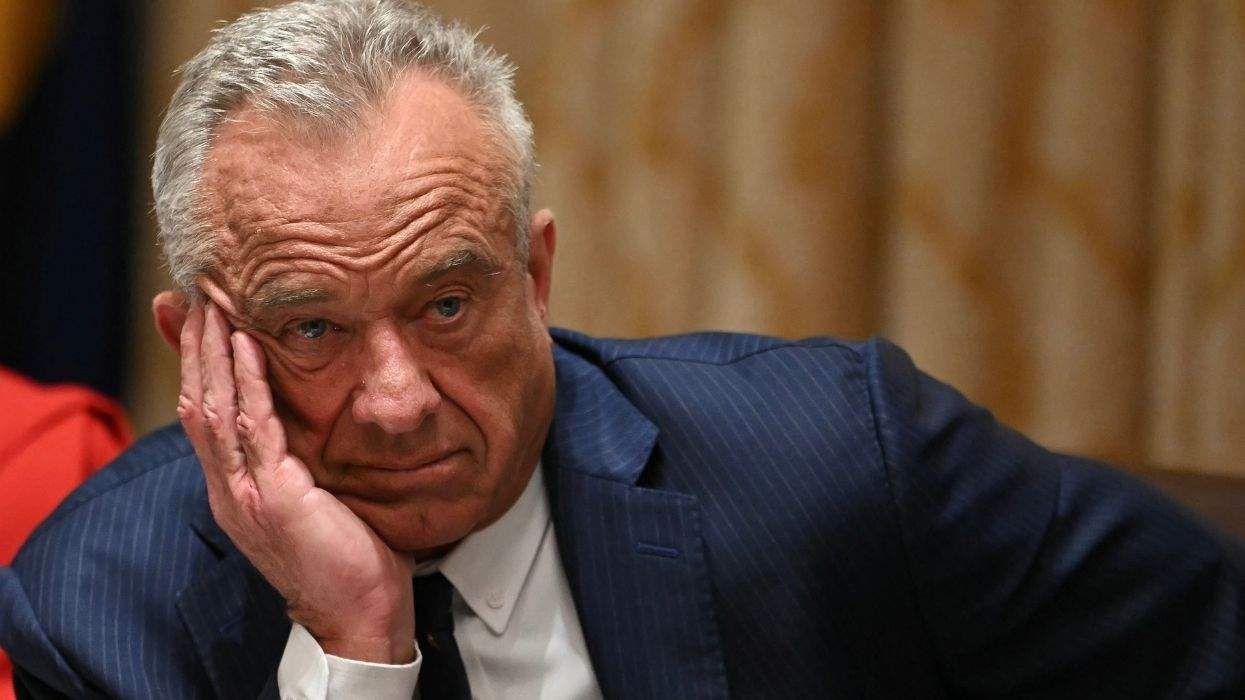





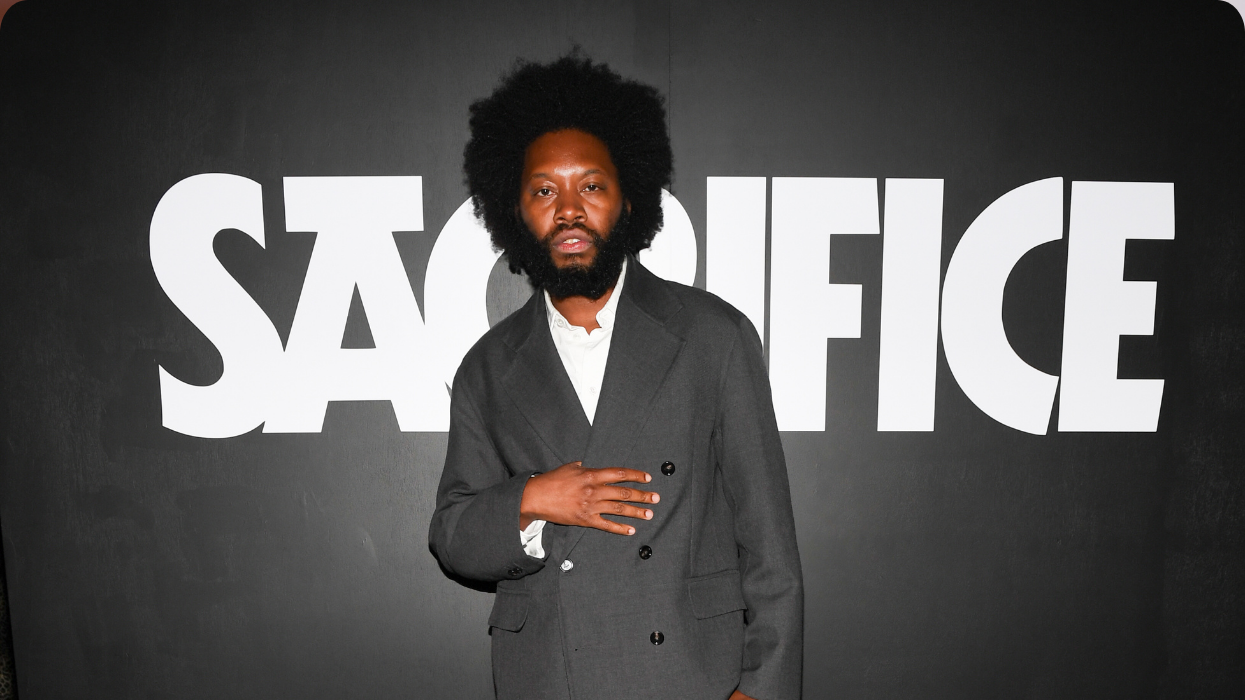



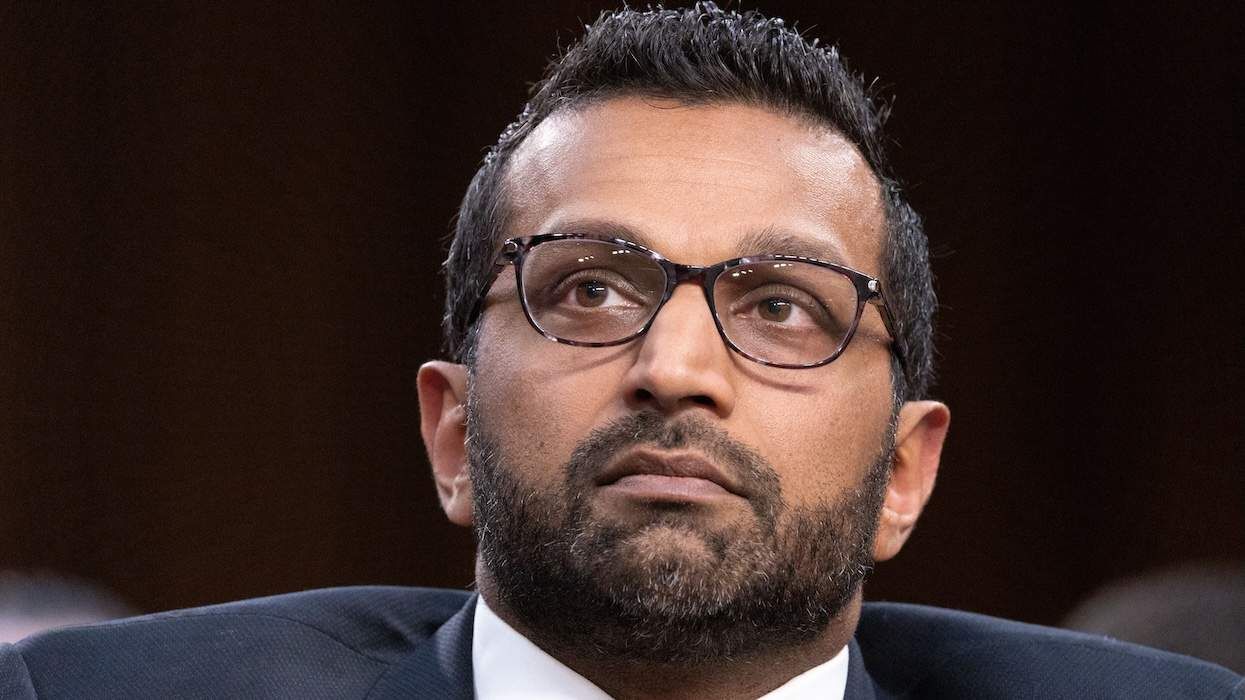
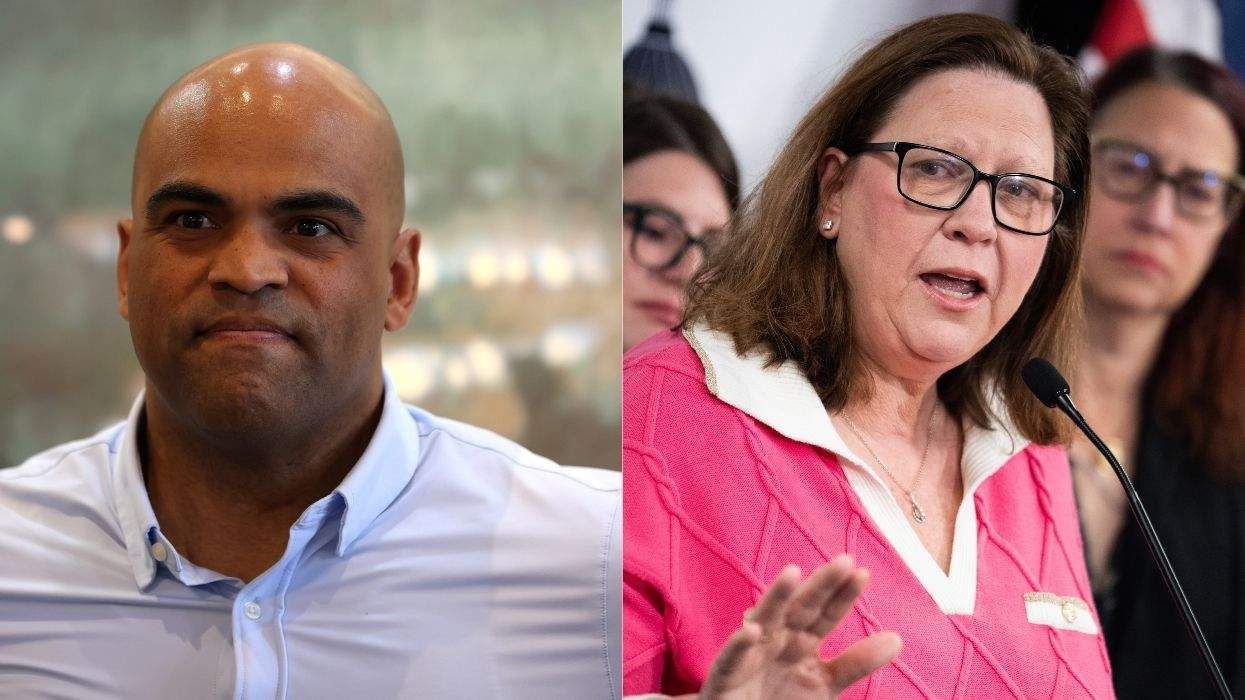


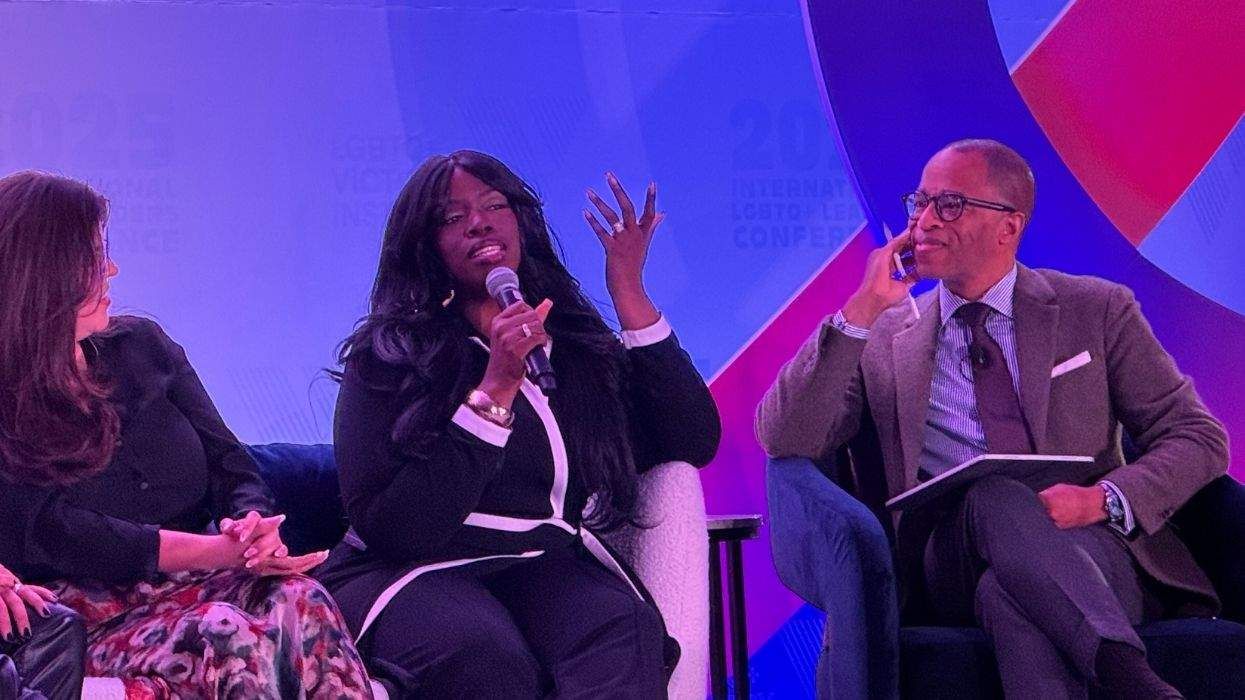
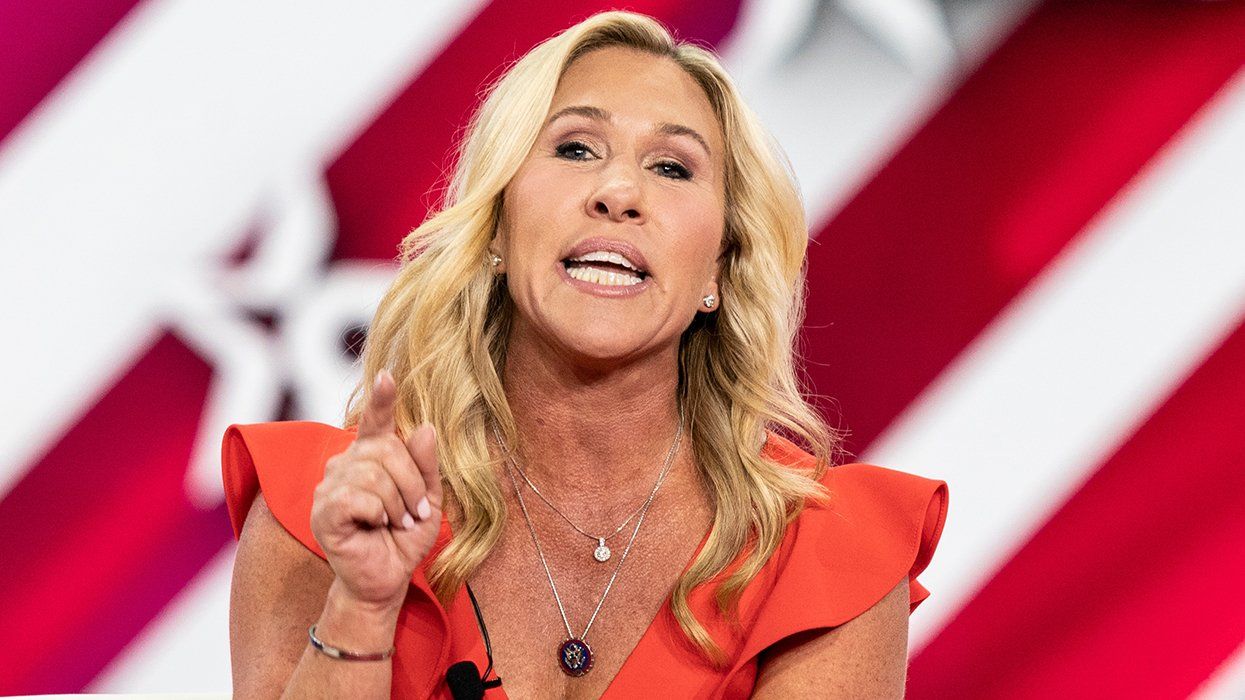


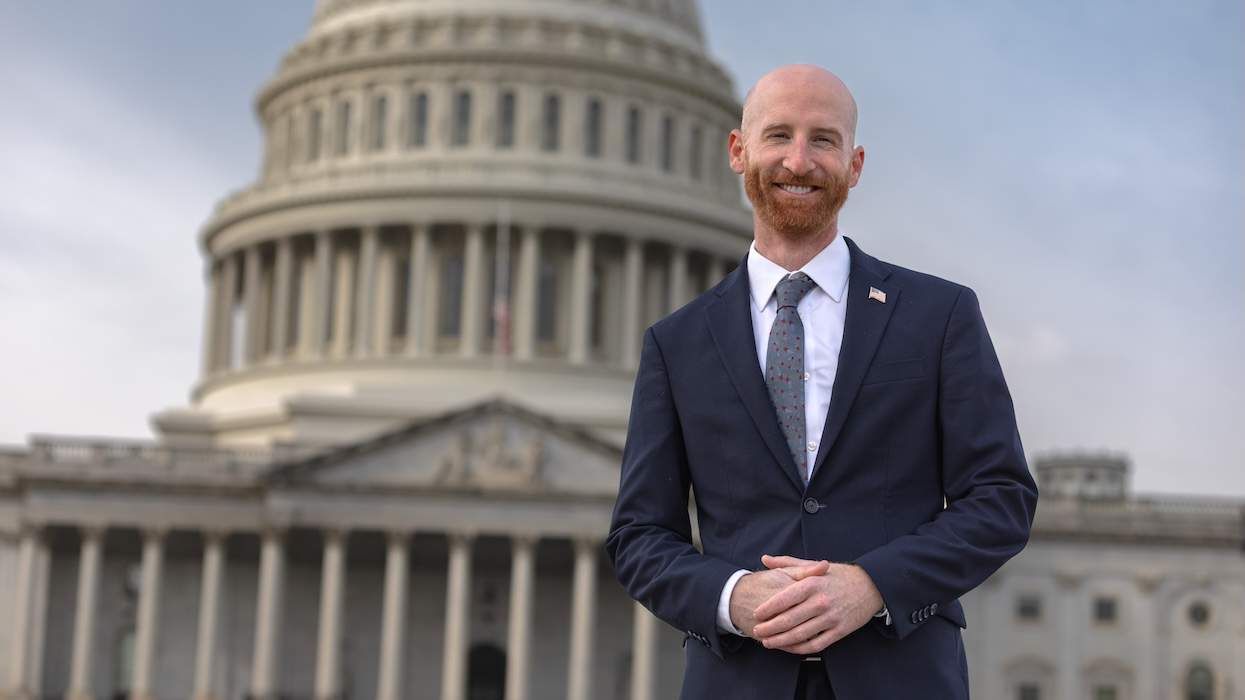










































Charlie Kirk DID say stoning gay people was the 'perfect law' — and these other heinous quotes